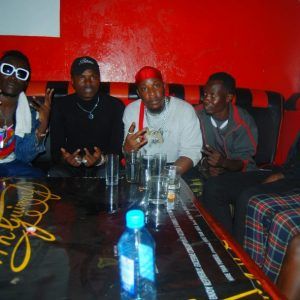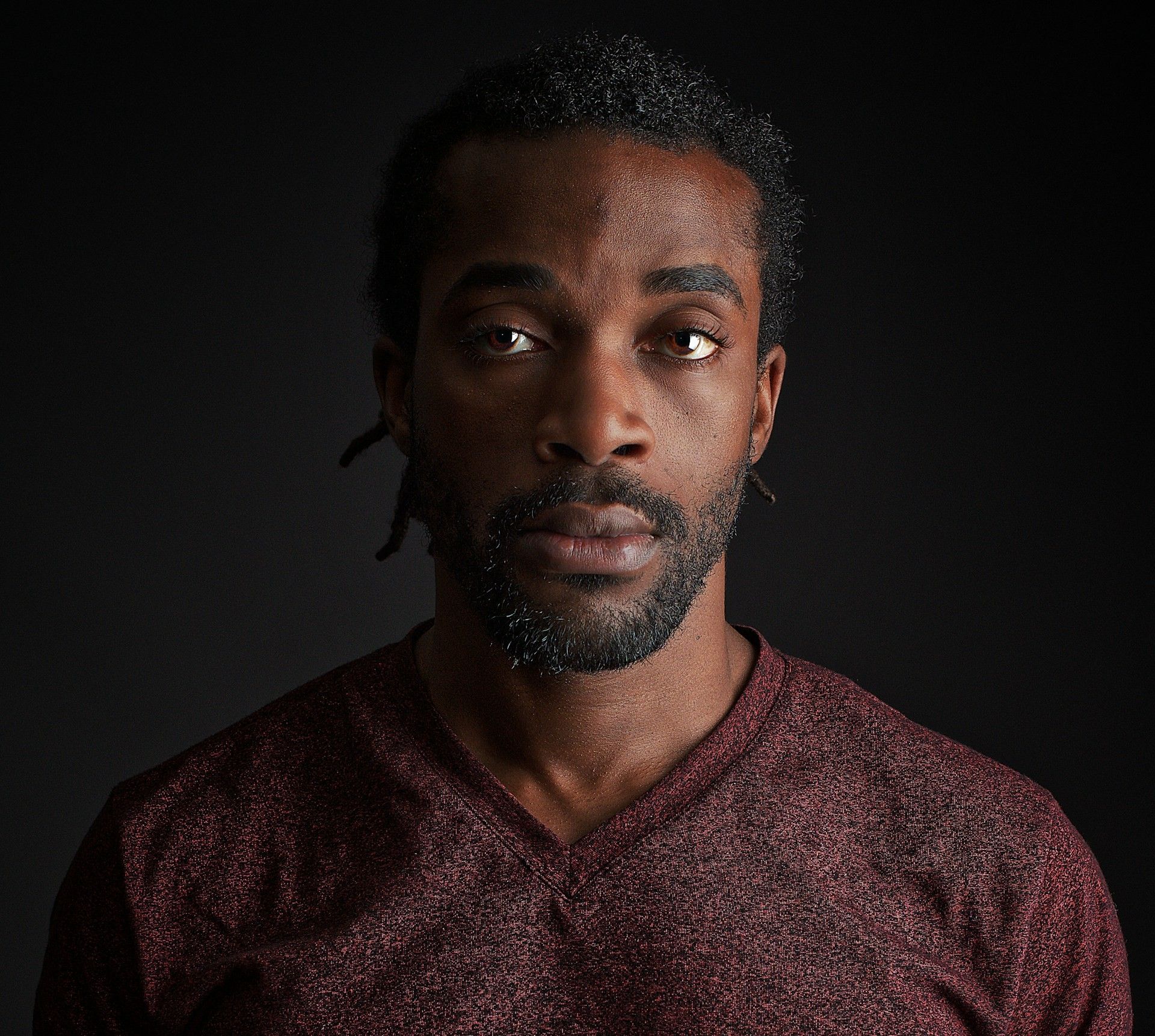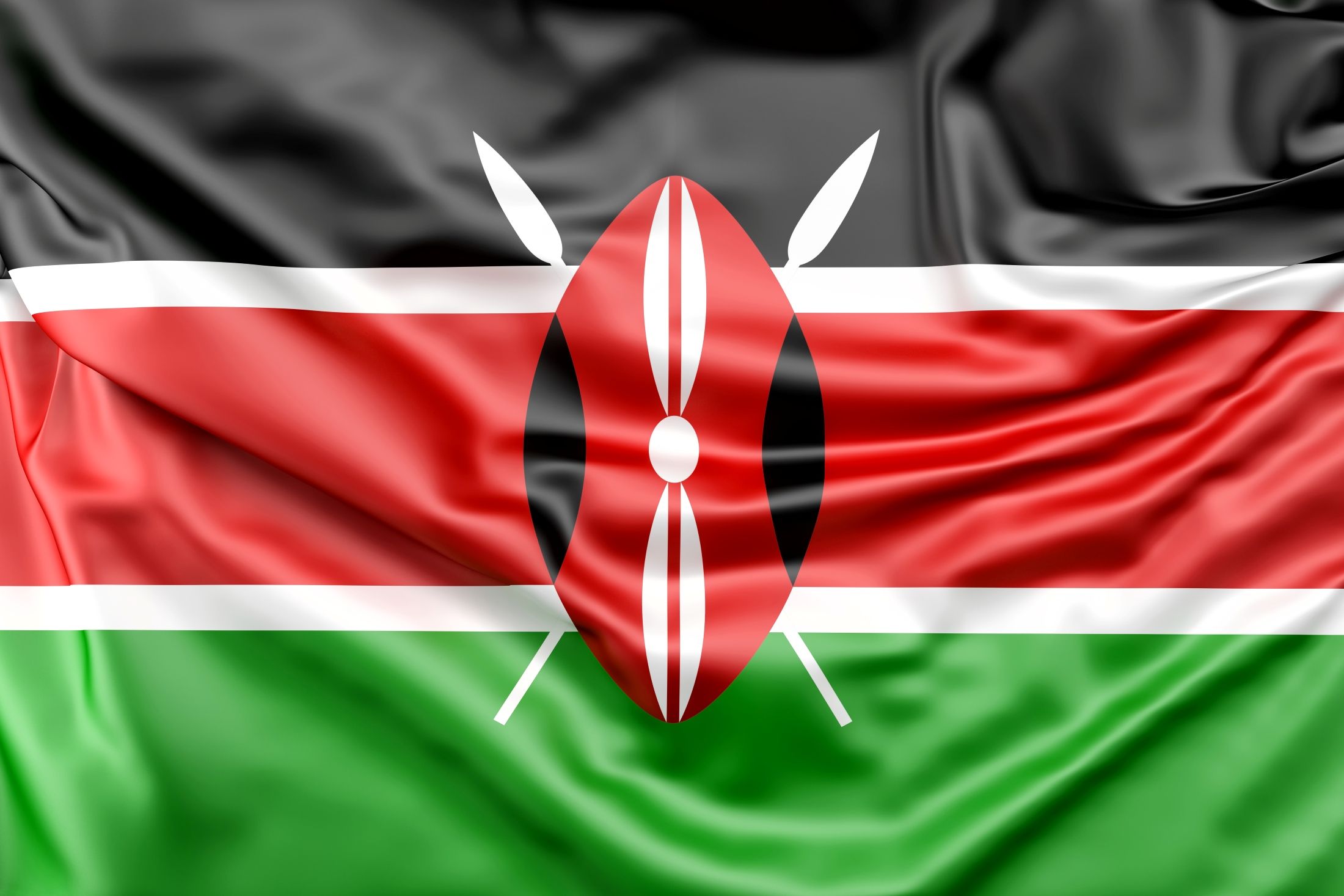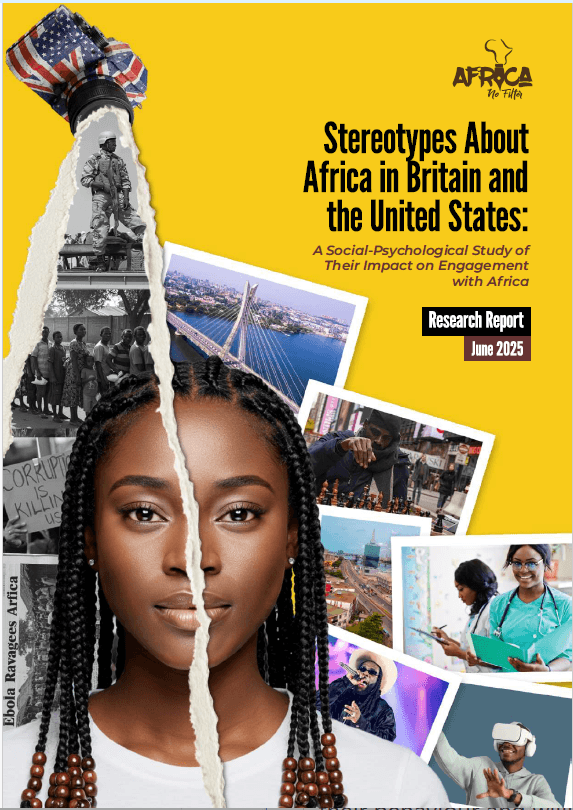Who does not know the universal language of music? Music touches our hearts and minds more than we realize. Our dalliance with music starts in our early years, with play songs during PE classes. Our appreciation for music continues into adulthood, where songs become an outlet for emotions and an identity tag.
For example, Rastafarianism is a global movement made up of lovers of Reggae music. Afro music combines hundreds of sub-genres of African music to give the fans a uniform sound – uniting them. Music is very subjective and personal. A song that one person cannot get enough of might be noise to someone else. In Kenya, Gengetone (a blend of afro-beats and hip hop sounds) is beloved by the young but disdained by the older generations for being too sexually graphic. But for those who love it, this music helps to reduce stress, manage moods, and provide ways to connect with peers.
Rap music is proving to be very good at that last point. In the upper floor of Club Nebraska in Ugunja town – Siaya County – a collective of artists and their fans have gathered to catch up on the going ons of the buzzing new music scene. Intense listening and performing sessions are taking place. The air is filled with smoke and the speakers are blasting hard-hitting beats. This is what a typical day looks like for Kenya’s newest hit-making sensations.
I am here to catch up with Philip Patroba Okoyo aka Japesa, one of the chief artists who has been invited to this small festival of music. He is one of the fast-rising young artists in this brand new music industry. So far, Japesa has performed in two of the leading talk shows in Kenya, The 10over10 show on Citizen TV and NTV’s The Trend.
Japesa, now 26, confesses that he has loved music since his early childhood. His decision to venture into Hip Hop music was inspired by the Luo rap songs of Gidi Gidi Maji Maji. His first song, a Luo rap titled; ‘Opuk’ (tortoise), was released in the year 2013 while Japesa was still at Jaramogi Oginga Odinga University. He has since produced several other tracks, the most popular of which include Okabi relax, Jaluo oksechi , Nyakalaga, and Auu.
Unlike most artists who rely on a production studio to handle the technical aspects of recording a song, Japesa owns his own gadgets. This helps him keep the cost of production low as he does not need to pay anyone to create his magic.
I ask him what drives him to keep making great music. His answer, verbatim; “Music has been through it all with me. Ever since in my childhood, it has been there at the best moments of my life and has supported me through all of the lows. I was greatly inspired my Gidi Gidi Maji Maji’s songs; I want to do even better than them that’s why I choose to rap in Luo as well.”
Relating music with business
In the Kenyan music industry today, the rap scene has become a movement addressing the issues that resonate with a majority of youths. A good fan base means good money for the artists. This has led to many viewing it as a business, rather than respecting it for what it really is - an art form. “The industry has formed around music, but music can happen whether or not anyone ever makes money from it.” Japesa declares.
Regardless, Japesa maintains that to make music a full-time career, you must approach it as a business. Start by identifying a need or desire among people. Next, develop a product that meets that desire. Third and most importantly, market the product to the people who desire it and are ready to spend on it.
Music can be a legitimate source of income, even more so than some other types of businesses. “I used to operate a cosmetics business back in the day. I stopped because it wasn’t making me any profit, and have since shifted my focus to music as a business since it does well.” Japesa tells me. He is now considering starting another business to help him to deal with unexpected events. Like Covid-19.
Learning from Covid-19
The music industry has suffered a big hit from the lockdown measures. Corona has left artists all around the country struggling to make ends meet. Japesa advises diversification. An artist must be open to other businesses, as this can help them when there are no shows. It is advice that Japesa himself needs to follow, and he tells me as much. “When I say I ceased operating my business to focus on music does not necessarily mean that I won’t go back … it’s because music was doing well and I preferred doing one thing at a time.”
The aspiring musician
What advice would Japesa give to an aspiring musician? First off, you must use your talents to the maximum. Some really talented people waste their gifts by being lazy. Don’t be lazy.
The second piece of advice: chase opportunities such as music programs. Even though the programs might not be the cure-all, they provide participants with a valuable opportunity to grow their music career.
Finally, it is important to build self-discipline and learn to work with others as music is a collaborative effort. Self-discipline also equips one with the skills needed to meet any challenge head-on.





